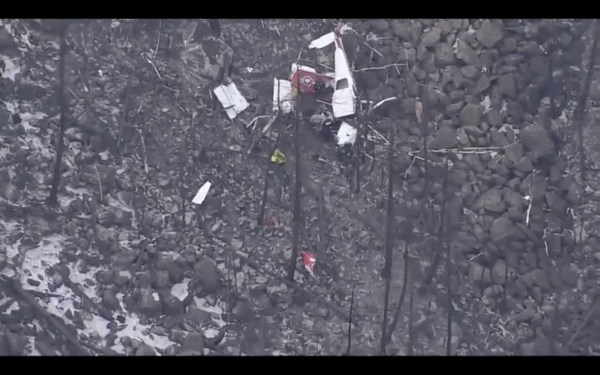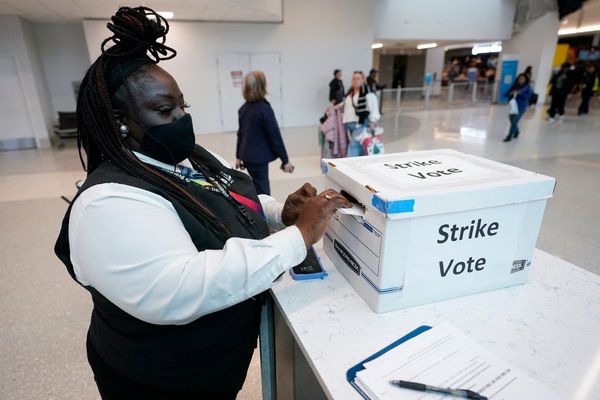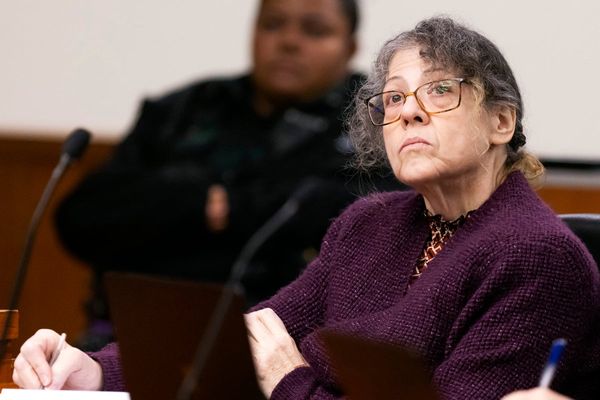
It’s now becoming a ritual: a special inquiry or royal commission uncovers flagrant law-breaking by casino operators, facilitation of money laundering, a lax attitude to problem gambling, links to organised crime, and “regulators” so emasculated and captured that they pose zero threat to the well-connected, politically influential corporation that owns the casino. But the casino is allowed to continue operating, as long as it commits to makes significant changes and improve its practices. The possibility that a casino might actually be shut is never seriously contemplated.
The Bergin review in NSW set the standard: it found, after an extraordinary series of revelations about misconduct and poor corporate governance, that Crown was not a suitable licensee in that state, but given Crown hadn’t opened its Sydney facility — the result of an unsolicited bid to build it from James Packer to the NSW government — the report made recommendations to “render the Licensee and Crown suitable persons”.
Crown now has the blessing of the NSW “regulator” to open within weeks.
The Finkelstein royal commission, which Crown supporter Daniel Andrews was forced into calling in Victoria, found even worse — “misconduct wherever I look” in Crown, Finkelstein concluded, offering adjectives like “illegal, dishonest, unethical and exploitative”. But, again, Crown wasn’t shut — it was given two years to undertake reforms under a new board, while a “special manager” ran it.
Now it’s the turn of a royal commission in Western Australia into Crown’s Perth casino, headed by Neville Owen, Lindy Jenkins and Colin Murphy. They found money laundering, links to organised crime, indifference to problem gambling and massive problems with WA’s purported casino regulator, which was deeply conflicted. Yet again, Crown was found “not a suitable person” to run a casino or hold a licence.
But, you guessed it, Crown will get to continue to operate in Perth on a “pathway to suitability” determined by the commission. That’s three for three.
At $12.50, Crown’s share price is back to where it has been for most of the last seven years, ahead of Blackstone’s acquisition of the company.
An inquiry into Sydney’s Star casino recently commenced, and has already revealed money laundering and links to organised crime. Don’t expect Star to lose its licence though: like Crown, there’ll be board and management turnover, but the casino itself will continue, on the basis that it has been reformed.
Crown’s close financial links with political parties in Victoria and WA are well-known (at least to Crikey readers). Crown has gifted around $1.2 million in contributions to the Victorian Liberal and Labor parties and the WA Liberal, Labor and National parties since 2010. It has employed well-connected former politicians and staffers from both sides.
Star is no slouch on donations, handing $220,000 in donations to federal Labor since 2015, and $270,000 to the NSW Liberal Party.
Like Crown, Star will undergo the ritual of the re-regulatory moment. That’s the pattern, first created by Australia’s biggest banks, where large corporations exploit their political influence and size to break free of proper regulation, then engage in such egregious misconduct that governments are shamed into calling some extraordinary form of inquiry — usually a royal commission — to investigate them.
That process leads to shame, board and management departures, promises of strong regulation and overhauls of regulators and… the companies emerge stronger than ever, with governments eventually finding pretexts to drop many of the promises of tougher regulation made during the political heat of the inquiry.
Like the big banks, Crown and Star are, in effect, too big to be allowed to fail, no matter how appalling their misconduct is. They generate too much revenue for governments and provide too much in donations to be shut. And they engage in the many of the classic behaviours of state capture — donations, lobbying, revolving doors, repurposing of regulatory bodies, public influence campaigns. And that has paid off in their continuing existence despite flagrant breaches of major criminal laws.
Shareholders can be confident that, while management and even boards may come and go, their access to lucrative streams of revenue will never be seriously endangered — and the companies they own can do whatever they like to maximise that.







